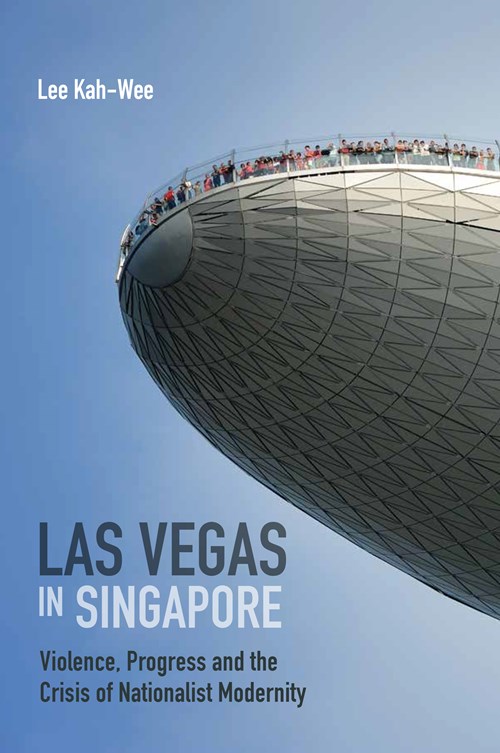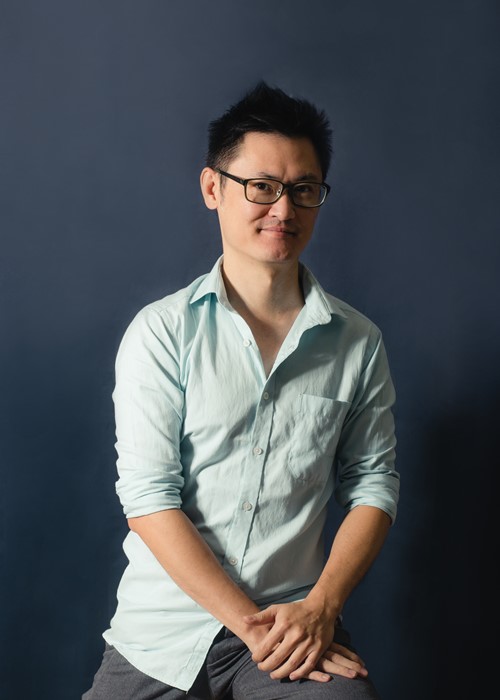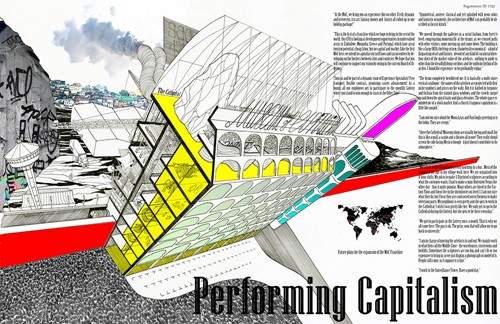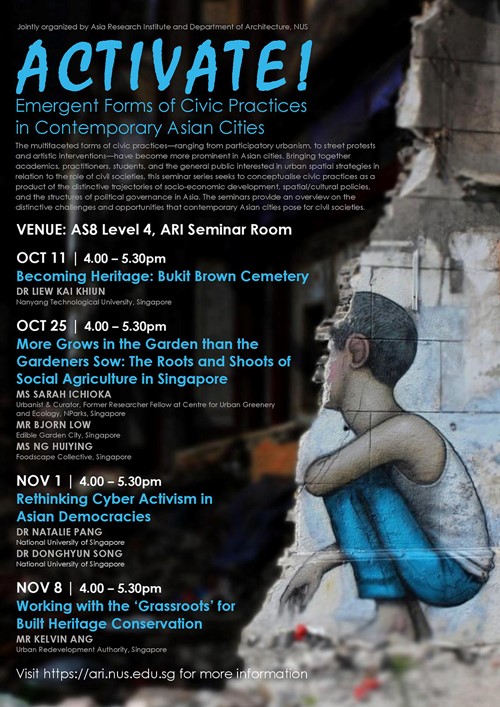LEE Kah-Wee (Dr)
Associate Professor|Deputy Head (Research) (Tenure Track)
Kah-Wee Lee teaches history and theory of planning and qualitative methods. He works on the relationships between space and power, particularly through the lenses of modern expertise such as architecture, urban planning, law and public administration. His current project, "Casino Urbanism", examines the expansion of the casino industry across Singapore, Manila and Macau and asks how licit and illicit channels of capital flow are transforming these cities. Lee’s research has been published in the International Journal of Urban and Regional Research, Environment and Planning A and C, Geoforum, and local professional journals. He is the author of Las Vegas in Singapore: Violence, Progress and the Crisis of Nationalist Modernity (2018).

The first history begins in colonial Singapore in the 1880s, when British administrators revised gambling laws in response to the political threat posed by Chinese-run gambling syndicates. Following the tracks of these punitive laws and practices, the book moves into the 1960s when the newly independent city-state created a national lottery while criminalizing both organized and petty gambling in the name of nation-building. The second history shifts the focus to corporate Las Vegas in the 1950s when digital technology and corporate management practices found each other on the casino floor. Tracing the emergence of the specialist casino designer, the book reveals how casino development evolved into a highly rationalized spatial template designed to maximize profits. Today an iconic landmark of Singapore, Marina Bay Sands is also an artifact of these two histories, an attempt by Singapore to normalize what was once criminalized in its nationalist past. Lee Kah-Wee argues that the historical project of the control of vice is also about the control of space and capital. The result is an uneven landscape where the legal and moral status of gambling is contingent on where it is located. As the current wave of casino expansion spreads across Asia, he warns that these developments should not be seen as liberalization but instead as a continuation of the project of concentrating power by modern states and corporations

The liberalization of commercial gambling and the immense accumulation of private wealth in Asia has led to a boom in the global casino industry and today, Macau, Singapore and Manila are the metropolitan centers of casino gambling in Asia. This has produced two interrelated urban phenomena - 1. a proliferation of special economic zones or exclusive licensing regimes which attempt to capture the flow of capital within and across national territories, and 2. A proliferation of architectural spectacles that mediate between a drive towards hyper-consumerism and the social stigma or political sensitivity still attached to gambling. This project shows how casino cities operate as concrete sites where the hypercirculation of surplus capital clashes with national territorialities and socio-political norms, a conflict that is both expressed in and resolved through spatial strategies of containment and representation. I call these strategies “architectural fix”. In Macau, Singapore and Manila, casino development entailed the suspension of legal norms and the creation of extraterritorial jurisdictions. In Macau, incumbent casino operators compete against new players from the US and Australia in a geopolitical environment dominated by the PRC. In Singapore, officials struggle to segregate the casino economy from the local population. However, in Manila, the national gaming regulator is also one of the key casino developers along with other local and Asian investors. Building on Agamben’s concept of “exception” and Debord’s concept of “spectacle”, this project foregrounds the role of architecture in mystifying the unbundling of legality, territoriality and sovereignty in this part of the world


